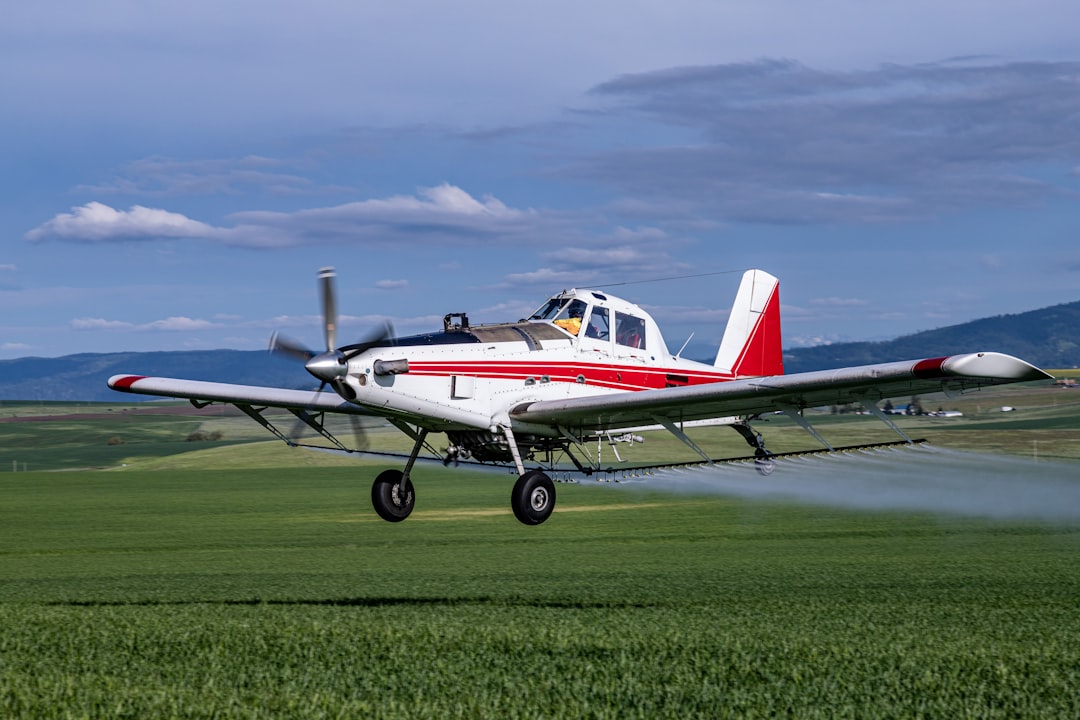Chemical pesticides have long been a cornerstone in modern agriculture, helping farmers protect crops from pests, weeds, and diseases. However, their misuse poses significant risks to human health, biodiversity, and the environment. Striking a balance between their benefits and potential harms is crucial for sustainable agricultural practices. This article explores global guidelines and best practices for the responsible use of chemical pesticides to minimize risks.
Understanding the Need for Responsible Use
Pesticides play a vital role in enhancing agricultural productivity and food security, but their improper application can lead to:
- Contamination of soil, water, and air.
- Adverse health effects on humans, including farmers and consumers.
- Harm to non-target organisms, including beneficial insects, birds, and aquatic life.
- Development of pesticide-resistant pests.
To address these challenges, international organizations, governments, and agricultural experts have established guidelines and recommendations to ensure the safe and effective use of pesticides.
Global Guidelines for Pesticide Use
-
The International Code of Conduct on Pesticide Management Published by the Food and Agriculture Organization (FAO) and the World Health Organization (WHO), this code provides a framework for governments, the private sector, and civil society to regulate and manage pesticides responsibly. It emphasizes:
- Assessing pesticide risks before registration.
- Promoting alternatives to chemical pesticides, such as biological controls and integrated pest management (IPM).
- Ensuring transparent labeling and access to safety data.
-
Stockholm Convention on Persistent Organic Pollutants (POPs) This treaty targets the elimination or restriction of persistent pesticides that pose long-term risks to health and the environment. Farmers and governments are encouraged to phase out harmful chemicals and adopt safer alternatives.
-
Rotterdam Convention This agreement promotes informed decision-making in the trade of hazardous chemicals, including pesticides. It requires exporting countries to obtain prior consent from importing countries for certain restricted pesticides.
Best Practices for Farmers and Applicators
-
Adopt Integrated Pest Management (IPM) IPM combines biological, cultural, physical, and chemical methods to manage pests in an environmentally and economically sustainable way. By reducing reliance on chemical pesticides, IPM minimizes the risks associated with their use.
-
Choose the Right Pesticide
- Select pesticides that are registered and approved for use in your region.
- Opt for less toxic options whenever possible.
-
Follow Label Instructions
- Read and adhere to the product label for proper dosage, application methods, and safety precautions.
- Avoid using higher concentrations than recommended, as this can increase toxicity without improving effectiveness.
-
Use Personal Protective Equipment (PPE) Farmers and applicators should wear appropriate PPE, such as gloves, masks, goggles, and coveralls, to reduce exposure to harmful chemicals.
-
Calibrate Application Equipment
- Regularly inspect and maintain spraying equipment to ensure accurate and efficient pesticide delivery.
- Avoid pesticide drift by applying products under suitable weather conditions (e.g., low wind speed).
-
Practice Proper Storage and Disposal
- Store pesticides in a secure, ventilated location away from food, water, and living areas.
- Dispose of empty containers and unused pesticides according to local regulations to prevent environmental contamination.
-
Protect Non-Target Areas and Organisms
- Avoid spraying near water bodies, beehives, or areas with high biodiversity.
- Use buffer zones to protect sensitive ecosystems.
Role of Governments and Regulatory Bodies
Governments play a pivotal role in ensuring the responsible use of pesticides by:
- Establishing stringent regulations and monitoring systems.
- Providing training programs for farmers and applicators.
- Encouraging research and development of safer and more effective pest control solutions.
- Raising public awareness about the potential risks of pesticides and the importance of responsible use.
Moving Toward a Sustainable Future
While chemical pesticides remain an important tool in modern agriculture, their responsible use is essential to minimize risks to health and the environment. By following global guidelines and adopting best practices, farmers can protect their crops while safeguarding ecosystems and human well-being. The collective effort of farmers, governments, and consumers is critical for achieving sustainable agricultural systems that balance productivity with environmental stewardship.

Comments
No comments yet. Be the first to comment!
You must be logged in to comment. Login